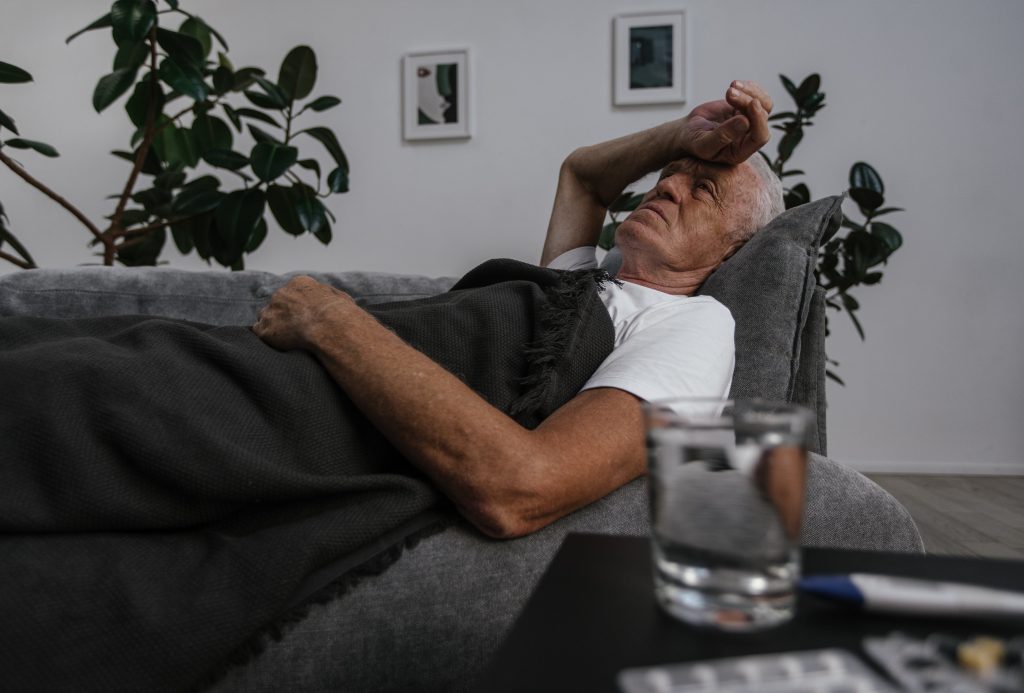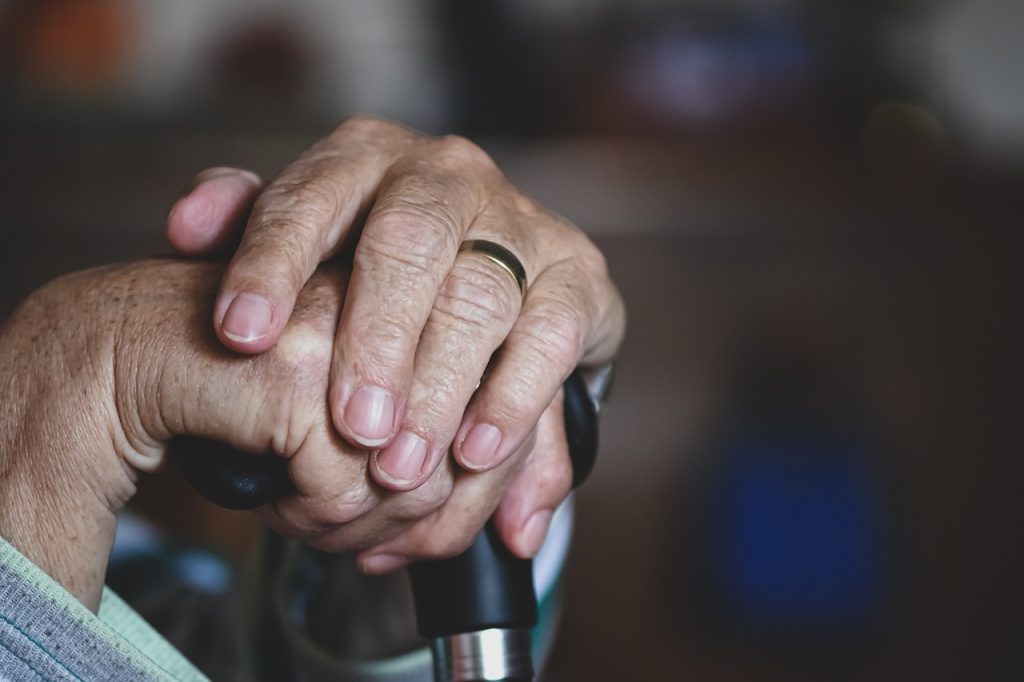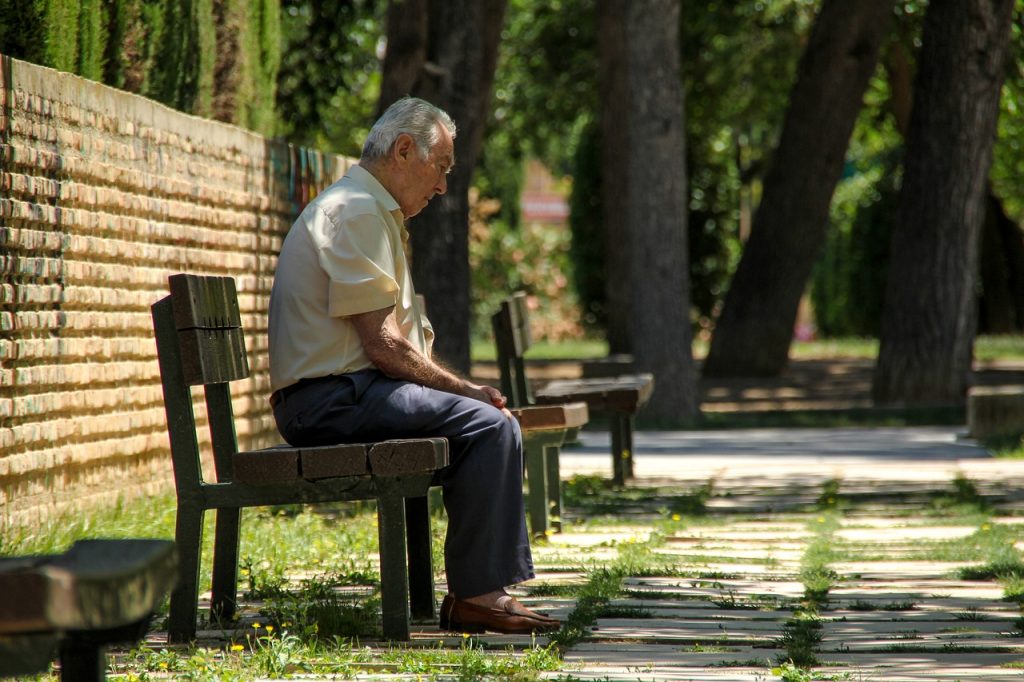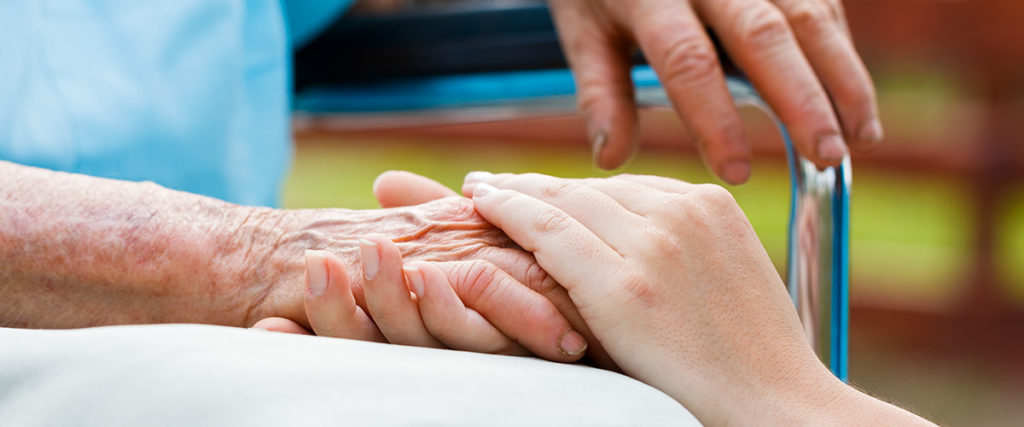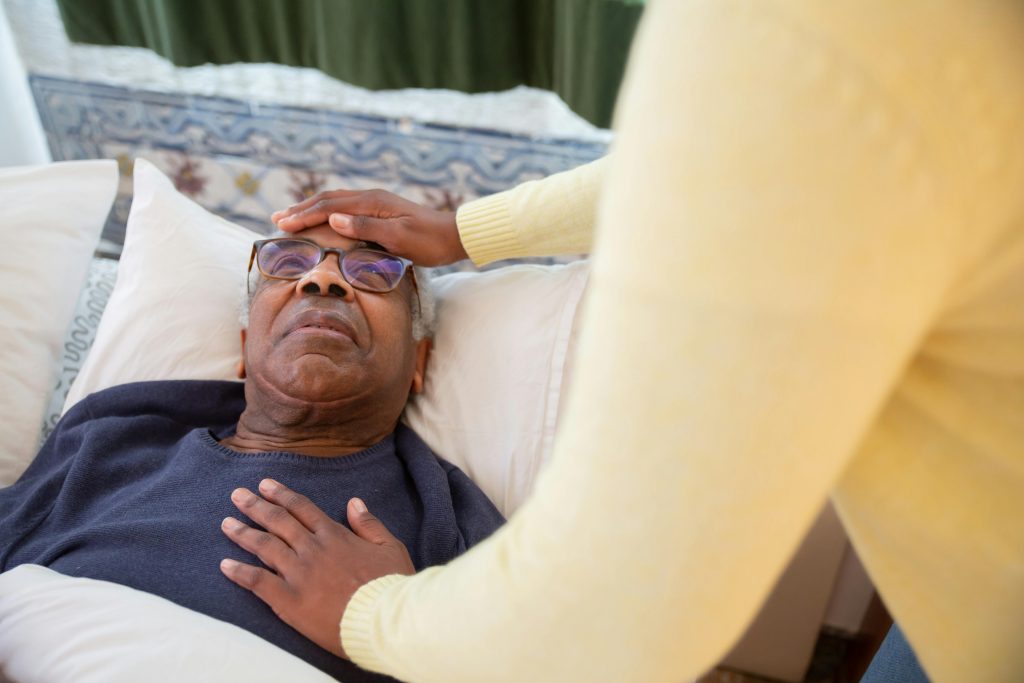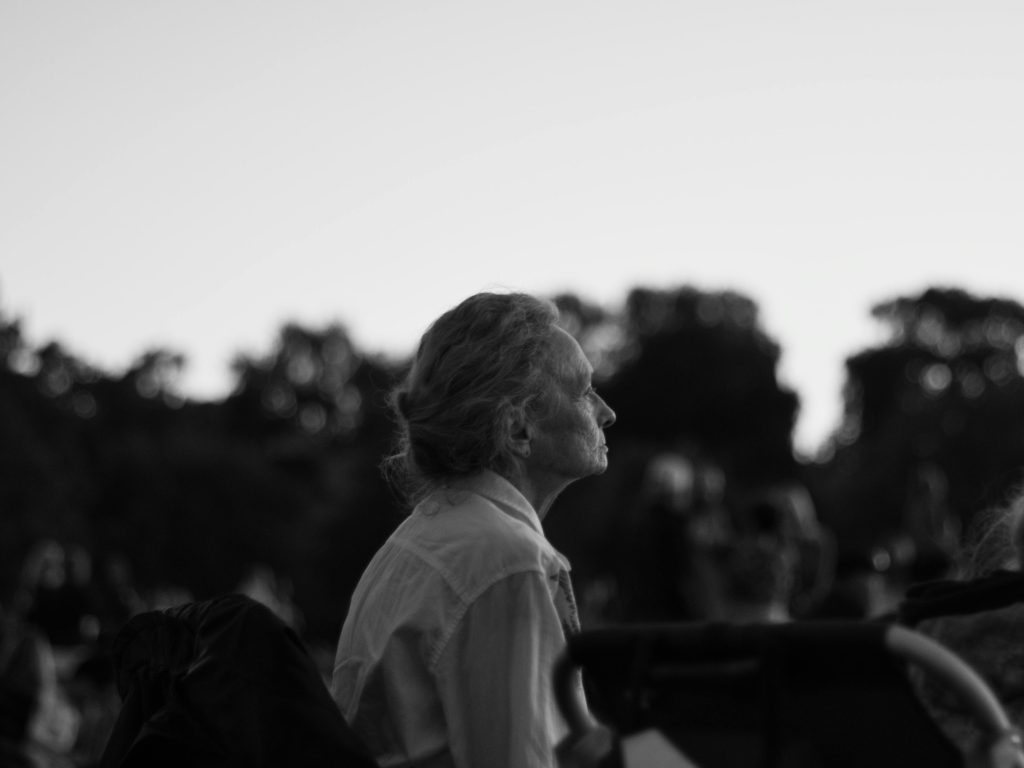Physical abuse in nursing homes is a distressing reality that threatens the safety and well-being of elderly residents. This form of abuse involves any non-accidental use of force against an elderly individual, leading to pain, injury, or impairment.
Sadly, physical abuse in nursing homes is more common than many people realize, with incidents occurring due to various factors such as understaffing, inadequate training, and poor supervision.
Understanding Physical Abuse in Nursing Homes
Physical abuse encompasses a range of harmful behaviors inflicted upon nursing home residents. These may include hitting, slapping, pushing, restraining, and other acts of violence. Perpetrators of physical abuse can include staff members, fellow residents, or even visitors to the facility. The vulnerability of elderly residents, coupled with the power dynamics in nursing home settings, creates an environment where abuse can occur.
Forms of Physical Abuse
Physical abuse in nursing homes encompasses a range of harmful behaviors perpetrated against residents. These acts of abuse can take various forms, each with its own detrimental consequences for the victim. Among the most common forms of physical abuse are:
- Hitting: Intentional striking of a resident with an object or body part, resulting in physical harm such as bruises, cuts, or fractures.
- Slapping: Striking a resident with an open hand, often resulting in visible injuries such as welts or red marks.
- Kicking: Using force to kick or stomp on a resident’s body, causing pain, bruising, or even broken bones.
- Shoving: Pushing or forcefully moving a resident, which can lead to falls, injuries, and emotional distress.
- Restraint: Improper use of physical restraints, such as straps or ties, to restrict a resident’s movement, leading to discomfort, injury, or psychological trauma.
- Other Intentional Acts: Any deliberate action intended to cause physical harm or discomfort to a resident, including pinching, scratching, or rough handling.
Free Case Evaluation
Perpetrators of physical abuse may include caregivers, staff members, other residents, or visitors to the facility. These individuals may use physical force as a means of control, punishment, or coercion, disregarding the well-being and dignity of the residents in their care. Victims of physical abuse often suffer from physical injuries and emotional trauma and psychological distress.
Signs and Symptoms of Physical Abuse
Identifying the signs of physical abuse in nursing home residents is essential for early detection and intervention. While some signs may be readily apparent, others may be more subtle and require careful observation. Common indicators of physical abuse include:
- Visible Injuries: Residents may exhibit unexplained bruises, cuts, fractures, or welts, particularly in areas not typically prone to accidental injury, such as the back, thighs, or abdomen.
- Changes in Behavior: Victims of physical abuse may display behavioral signs such as fear, anxiety, withdrawal, depression, or agitation. They may become increasingly hesitant to interact with caregivers or show signs of reluctance to participate in activities.
- Physical Discomfort: Residents may experience pain, discomfort, or difficulty moving due to injuries sustained from abuse. They may exhibit signs of physical distress, such as limping, favoring one side of the body, or grimacing in pain.
- Changes in Mood or Demeanor: Victims of physical abuse may undergo noticeable changes in mood or demeanor, becoming more irritable, withdrawn, or emotionally unstable. They may exhibit signs of trauma, such as hypervigilance, nightmares, or flashbacks.
Family members and caregivers should remain vigilant and attentive to any signs or symptoms of physical abuse in nursing home residents. It is essential to report any suspicious indicators to facility administrators and relevant authorities promptly. Early intervention can help protect victims from further harm and hold perpetrators accountable for their actions.
Reporting and Addressing Physical Abuse
Reporting suspected physical abuse is essential to protect the safety and rights of nursing home residents. If you suspect that a loved one is being physically abused, it’s crucial to report your concerns to the appropriate authorities immediately. This may include nursing home administrators, adult protective services, or law enforcement agencies.
Documenting evidence, including photos of injuries and written accounts of incidents, can strengthen your case and support investigations into the abuse. Legal and regulatory measures are in place to address physical abuse in nursing homes, including investigations, penalties, and civil lawsuits against negligent facilities and perpetrators.
Case Results
Confidential
Nursing home vulnerable adult medication overdose wrongful death in Pierce County.
$5,000,000
Negligence, neglect, and abandonment litigation against the State of Washington, DSHS, and Brighton Enterprises, Inc by Guardian for Vulnerable Adult
$4,755,555
Neglect and abandonment litigation against the State of Washington, DSHS, and Brighton Enterprises Inc by Guardian for Vulnerable Adult
Our Approach to Physical Abuse Cases
At Ron Meyers & Associates, we recognize the gravity of physical abuse cases in nursing homes and the profound impact they have on victims and their families. Our firm is committed to providing compassionate support and unwavering advocacy to those who have suffered from such abuse.
Compassionate Support
We understand the emotional toll that physical abuse can have on victims and their loved ones. Our legal team offers compassionate support to clients throughout the legal process, providing a safe space for them to share their experiences and concerns. We prioritize open communication and empathy, ensuring that our clients feel heard and supported every step of the way.
Thorough Investigations
Our firm conducts meticulous investigations into each physical abuse case we handle. We leave no stone unturned in gathering evidence, interviewing witnesses, and uncovering the truth behind the abuse. Our goal is to build a comprehensive case that exposes the full extent of the abuse and holds the responsible parties accountable for their actions.
Gathering Evidence
We understand the importance of evidence in proving cases of physical abuse. Our legal team works diligently to gather all relevant evidence, including medical records, witness statements, photographic evidence of injuries, and any other documentation that supports our clients’ claims. We also collaborate with medical experts and forensic specialists to strengthen our case and provide expert testimony when necessary.
Aggressive Representation
We are fierce advocates for our clients’ rights and interests. Our firm is not afraid to take on powerful nursing home facilities and their legal teams in pursuit of justice. We leverage our extensive legal experience and resources to aggressively represent our clients in negotiations and court proceedings, seeking maximum compensation for the harm they have suffered.
Empowering Clients
Throughout the legal process, we empower our clients to make informed decisions about their case. We provide clear and honest guidance, explaining their rights, legal options, and potential outcomes in a way that is easy to understand. Our goal is to ensure that our clients feel empowered and in control of their legal journey, knowing that they have a dedicated team fighting tirelessly on their behalf.
Holistic Approach
We take a holistic approach to physical abuse cases, addressing not only the legal aspects but also the emotional and practical needs of our clients. We connect clients with resources and support services to help them heal from the trauma of abuse and rebuild their lives. Our firm is committed to securing not only financial compensation but also the justice and closure our clients deserve.
Continued Support
Our commitment to our clients does not end with the resolution of their case. We continue to support and advocate for our clients even after their case is closed, ensuring that they have access to the resources and assistance they need to move forward with their lives. We are dedicated to making a positive difference in the lives of those affected by physical abuse in nursing homes.
How Ron Meyers and Associates Can Help with Physical Abuse in Nursing Homes Cases
If you or a loved one has been a victim of physical abuse in a nursing home, you may be entitled to compensation for your injuries and suffering. Our firm offers comprehensive legal services to victims of physical abuse and their families, including representation in civil lawsuits against abusive facilities and perpetrators.
We understand the emotional and financial toll of physical abuse and are here to provide compassionate support and skilled legal guidance every step of the way. Contact us today for a free consultation to discuss your case and learn more about your legal options.
Frequently Asked Questions About Physical Abuse in Nursing Homes Cases
Physical abuse in nursing homes refers to any deliberate act that causes physical harm or injury to a resident. This can include hitting, slapping, kicking, pushing, or restraining a resident against their will.
Responsibility for physical abuse in nursing homes may fall on various parties, including caregivers, staff members, other residents, or even visitors to the facility. Also, the nursing home facility may be held accountable for failing to provide adequate supervision or prevent abusive behaviors.
Signs of physical abuse in nursing home residents may include unexplained bruises, cuts, or welts, particularly in areas not prone to accidental injury. Other indicators may include behavior changes, such as fearfulness, withdrawal, or agitation, and physical discomfort or difficulty moving.
If you suspect a loved one is experiencing physical abuse in a nursing home, it is crucial to act immediately. Document any visible injuries or signs of abuse, report your concerns to the nursing home administration, and contact local authorities or adult protective services to investigate.
Yes, victims of physical abuse in nursing homes and their families may have legal recourse to pursue compensation for damages. This can include filing a personal injury lawsuit against the responsible parties or seeking restitution for medical expenses, pain and suffering, and other losses incurred because of the abuse.
An experienced attorney specializing in nursing home abuse cases can provide invaluable assistance by investigating the abuse, gathering evidence, and representing the victim’s interests in legal proceedings. They can help victims and their families navigate the complex legal process and pursue justice for the harm they have suffered.
Victims of physical abuse in nursing homes may have various legal options available to seek justice and compensation for their injuries. These options may include filing a personal injury lawsuit against the responsible parties, pursuing criminal charges against the abuser, or seeking restitution through civil litigation.
In a lawsuit for physical abuse in a nursing home, victims may be eligible to recover damages for a range of losses and injuries. This can include compensation for medical expenses, pain and suffering, emotional distress, loss of quality of life, and punitive damages designed to punish the responsible parties for their misconduct.
The statute of limitations for filing a lawsuit for physical abuse in a nursing home can vary depending on the state where the abuse occurred. It is essential to consult with an attorney as soon as possible to understand the applicable deadlines and preserve your right to pursue legal action.
Nursing homes have a legal obligation to provide a safe and secure environment for their residents and to prevent all forms of abuse, including physical abuse. This may involve implementing comprehensive staff training programs, conducting thorough background checks on employees, maintaining adequate supervision, and promptly addressing any reports of abuse or neglect.
To ensure your loved one’s safety in a nursing home, it is essential to stay actively involved in their care and to maintain open communication with facility staff. Regularly visit your loved one, observe their living conditions, and watch for any signs of abuse or neglect. Additionally, familiarize yourself with the facility’s policies and procedures for reporting abuse and advocate for your loved one’s rights and well-being.




